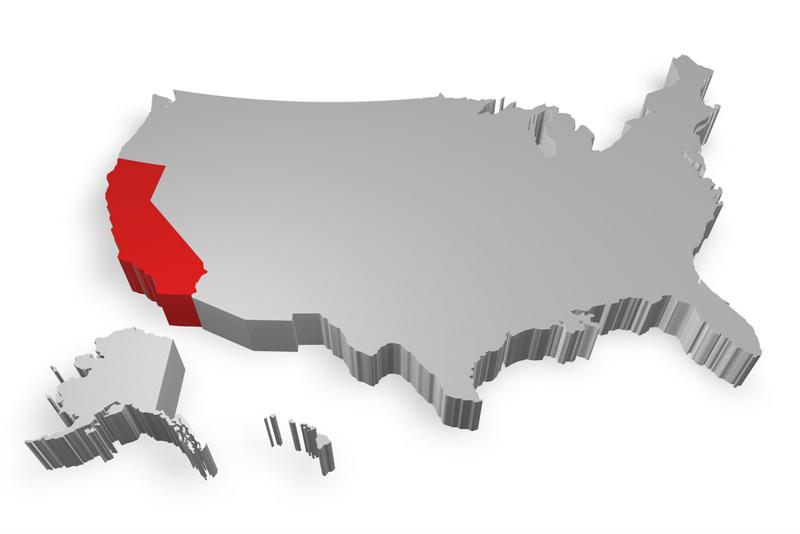Jan. 1 not only ushered in a brand new century, but introduced an array of newly installed laws throughout the country. One of the more far-reaching ones affects the nation's largest state and some of the U.S. economy's biggest industries. While its stated intentions are designed to be a boon to the average worker, business owners believe there could be unintended consequences, particularly as it relates to the supply chain.
The legislation, known as Assembly Bill 5, officially went into effect in California when the clock struck midnight. It concerns independent contractors and stipulates what factors allow companies to treat them as such for tax filing and compensation purposes. Restaurants, marketing firms, ride-sharing providers and motor carriers all heavily rely on independent contractors to satisfy demand for their services.
Although AB5 remains in the early going, the trucking industry is none too pleased with the bill's implementation, unclear about what they must do to remain compliant. They're also confused about some of the lengths workers must go to as well, such as what it means to be "customarily engaged" in an independent trade or business effort. Such uncertainty, opponents claim, will wind up adversely affecting the supply chain.
Weston LeBar, CEO of the Harbor Trucking Association, told Supply Chain Dive that there's been a severe lack of communication.
"This is about as clear as milk right now," LeBar said.
Lawsuit nets temporary stay
One of the biggest opponents to AB 5 is the California Trucking Association, which formally filed a lawsuit against the State of California last November, stating that the bill was unconstitutional. On Jan. 16, the U.S. Southern District Court granted a temporary injunction on AB 5, which in effect stymies the legislation from becoming actionable.
CTA Chief Executive Officer Shawn Yodon hailed the court decision as a good start.
"This ruling is a significant win for California's more than 70,000 independent owner-operators and CTA members who have worked as independent truckers for decades, and who have invested hundreds of thousands of dollars to own their own vehicle and comply with California's strict environmental guidelines and regulations over the years," Yadon said in a press release.

The trucking industry isn't the only one nonplused by AB 5, which is otherwise referred to as the "ABC test." As USA Today reported, freelance media organizations, tech firms and ride-sharing household names like Uber and Lyft have all taken legal action, or are expected to do so.
Lorena Gonzalez, an assemblywoman who represents San Diego in the California State Legislature, told USA Today that much of the resistance to the ABC test derives, in her opinion, from miscommunication and unfounded claims of government overreach.
There are also fears that AB 5 could make a bad situation worse for the trucking industry, which is still in the throes of a severe worker shortage. Because the legislation alters how much freight contractors can carry per load, the effects could affect profitability. The California Department of Transportation, Governor's Office of Business and Economic Development as well as the California Department of Industrial Relations - all supporters of the law - conceded to Supply Chain Dive that they haven't looked into the potential ramifications on freight capacity.



Post A Comment:
0 comments so far,add yours